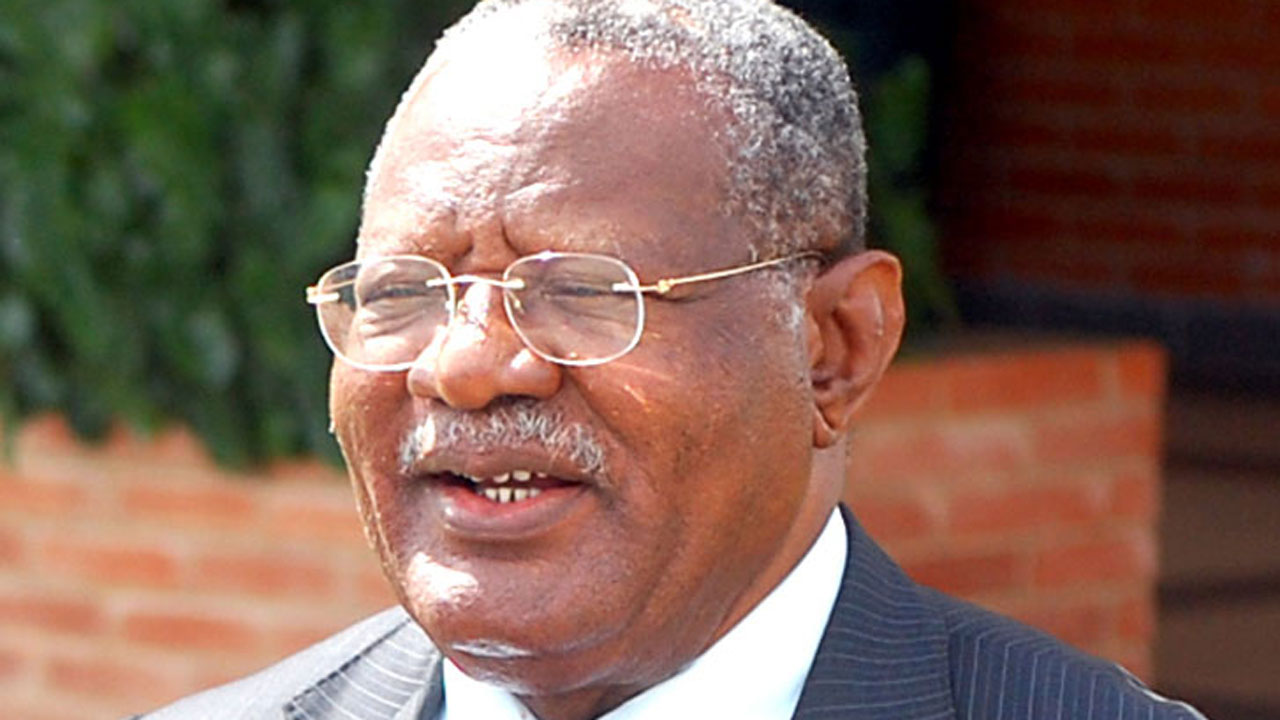 Amidst rising fuel prices in Nigeria, Vatebra Limited’s Product Owner, Cynthia Chisomeje Azuatalam, calls for an innovative shift towards using bicycles as a primary mode of urban transport.
Amidst rising fuel prices in Nigeria, Vatebra Limited’s Product Owner, Cynthia Chisomeje Azuatalam, calls for an innovative shift towards using bicycles as a primary mode of urban transport.
In a recent interview, Azuatalam discussed how the spike in fuel costs not only strains individual finances but also highlights the inefficiencies of traditional transportation methods in Nigerian cities.
The recent fuel price increase has sparked nationwide debates and protests, reflecting widespread concern over the rising cost of living and transportation.
Azuatalam points out that this situation provides an ideal opportunity to rethink urban mobility and reduce dependency on motor vehicles, which are costly and contribute significantly to urban congestion and pollution.
“Bicycles offer a sustainable, efficient, and economical alternative,” said Azuatalam, emphasising their low operational costs and environmental benefits.
She said unlike cars, bicycles do not require fuel, costly maintenance, insurance, or parking fees, making them accessible to a broader segment of the population.
Moreover, adopting bicycles can significantly reduce carbon emissions and alleviate chronic traffic congestion in cities.
Azuatalam argues that promoting cycling could enhance the quality of life by improving air quality and reducing noise pollution.
She said from a public health perspective, bicycles promote physical activity and can contribute to combating lifestyle-related diseases such as obesity and diabetes.
Azuatalam advocates for integrating cycling into daily routines, not only as a response to fuel hikes but as a step towards healthier living.
Azuatalam calls for a collaborative approach to make cycling a viable option in Nigeria, involving government support for infrastructure like dedicated bike lanes, secure parking, and public awareness campaigns to change perceptions about cycling.
“While the shift to bicycle-centric urban planning might face initial resistance, the long-term gains in terms of health, economics, and environmental impact are profound,” she concluded.
With proper investment and community engagement, Azuatalam believes that bicycles can transform urban mobility in Nigeria, offering a resilient response to fuel price challenges and paving the way for a sustainable future.






